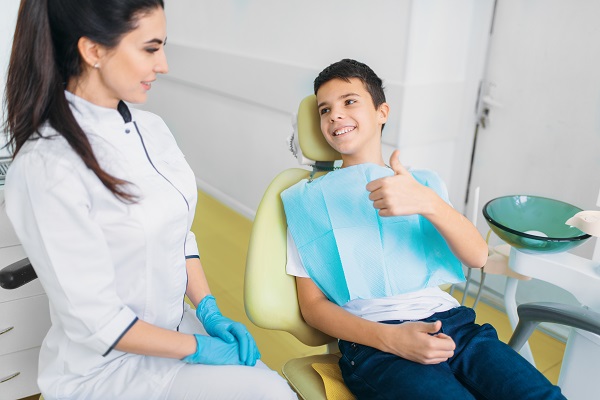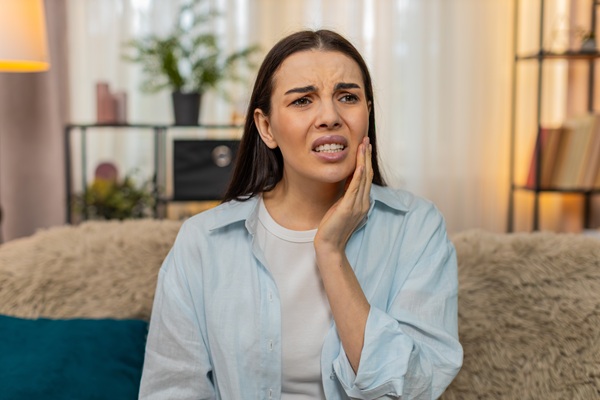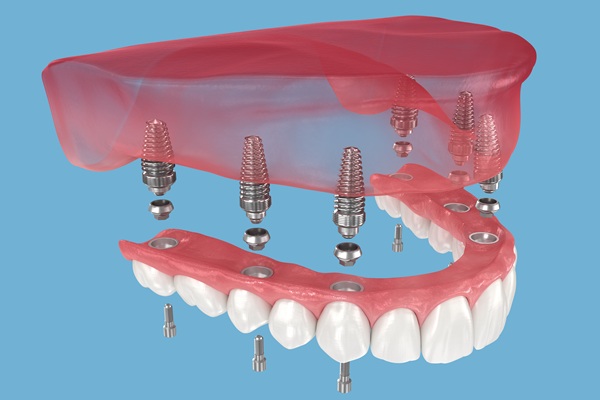General Dentistry: Why Is Snacking So Bad for Your Teeth?

Have you ever wondered what general dentistry professionals think about how snacking affects your dental health? Snacking in between meals is a great way to refuel your body and keep you going until your next meal.
However, many people substitute snacks for meals, which can be bad for your teeth. In general dentistry, there is a belief that frequent snacking does as much damage to your teeth as eating candy or drinking sodas.
Why is snacking so bad for your teeth?
For general dentistry practitioners, snacking is considered to be bad for your teeth because anytime you snack on sugary or starchy foods, the sugar and starch combined with the bacteria in your mouth to form acids that wear down your enamel.
When your enamel is weakened, the structure of your teeth becomes compromised, leading to tiny holes known as cavities, a form of tooth decay. If the cavities in your teeth are left unchecked, they can lead to further tooth decay and, eventually, tooth loss.
What should I do if I cannot snack?
Even though snacking can be bad for your health, you can still enjoy some of your favorite snacks as long as you do so in moderation. If you want to protect your teeth, you will also have to practice good oral hygiene.
The American Dental Association recommends brushing your teeth at least twice a day and flossing regularly. Ideally, general dentistry practitioners would prefer it if you brushed your teeth after every meal but that is not very practical, especially if you snack a lot.
The best way to protect your teeth after snacking is to rinse with either fluoride mouthwash or tap water because most of the tap water in the country has fluoride in it.
Limiting your snacking
There are plenty of ways to reduce the amount of snacking you do each day, helping to protect your teeth. Some of the most popular techniques used to reduce snacking in general dentistry include:
- Eating breakfast: It is said that breakfast is the most important meal of the day, but a lot of people skip breakfast, opting for alternatives to snack on. If you eat a big meal for breakfast every day, your body gets fueled and your appetite is curbed, meaning you are likely to eat fewer snacks
- Drink water: Drinking water helps to hydrate your body and helps you feel less fatigued. Water is also a better alternative to any soda or sugary drink because it does not damage your teeth as sugary drinks do
- Eat less sugar: If you want to eat a snack, try avoiding sugary snacks and processed foods
- Have a healthy diet: A balanced diet is very important to your general and oral health, which is why you should eat a lot of healthy food, fruits and vegetables to help you maintain a balance
Conclusion
Snacking is bad for your teeth because many snacks have plenty of sugar and carbohydrates. If you want to learn more about the negative effects of snacking on your teeth, talk to your dentist to understand how snacking affects your teeth.
Request an appointment here: http://lbfamilydental.com or call Leila Zamiri DDS at (562) 453-1214 for an appointment in our Long Beach office.
Check out what others are saying about our services on Yelp: Read our Yelp reviews.
Recent Posts
An immediate visit to an emergency dentist becomes necessary when severe tooth pain or infection disrupts your comfort and overall quality of life. This dental professional provides immediate evaluation and relief, particularly when a root canal is required to preserve a damaged or infected tooth. Root canal treatment from an emergency dentist can help alleviate…
Thinking about choosing implant-supported dentures to replace your missing teeth? This type of denture offers many benefits, which is why this denture choice has become so popular. However, properly caring for dentures supported by implants is necessary so they will last for many years.While there are many different types of denture choices to choose from,…
Choosing the right dental office is essential for maintaining good oral health and ensuring a positive dental experience. When visiting a new dental office, it is important to ask the right questions to ensure the practice meets your specific needs and expectations. Whether you are new to the area or simply seeking a change, asking…
Traditional braces are one of the most effective orthodontic solutions for straightening teeth and correcting bite issues. Many individuals are surprised to learn that receiving traditional braces from a general dentist can be a convenient and effective way to improve their smile. General dentists with additional training in orthodontics can provide comprehensive care, guiding patients…


